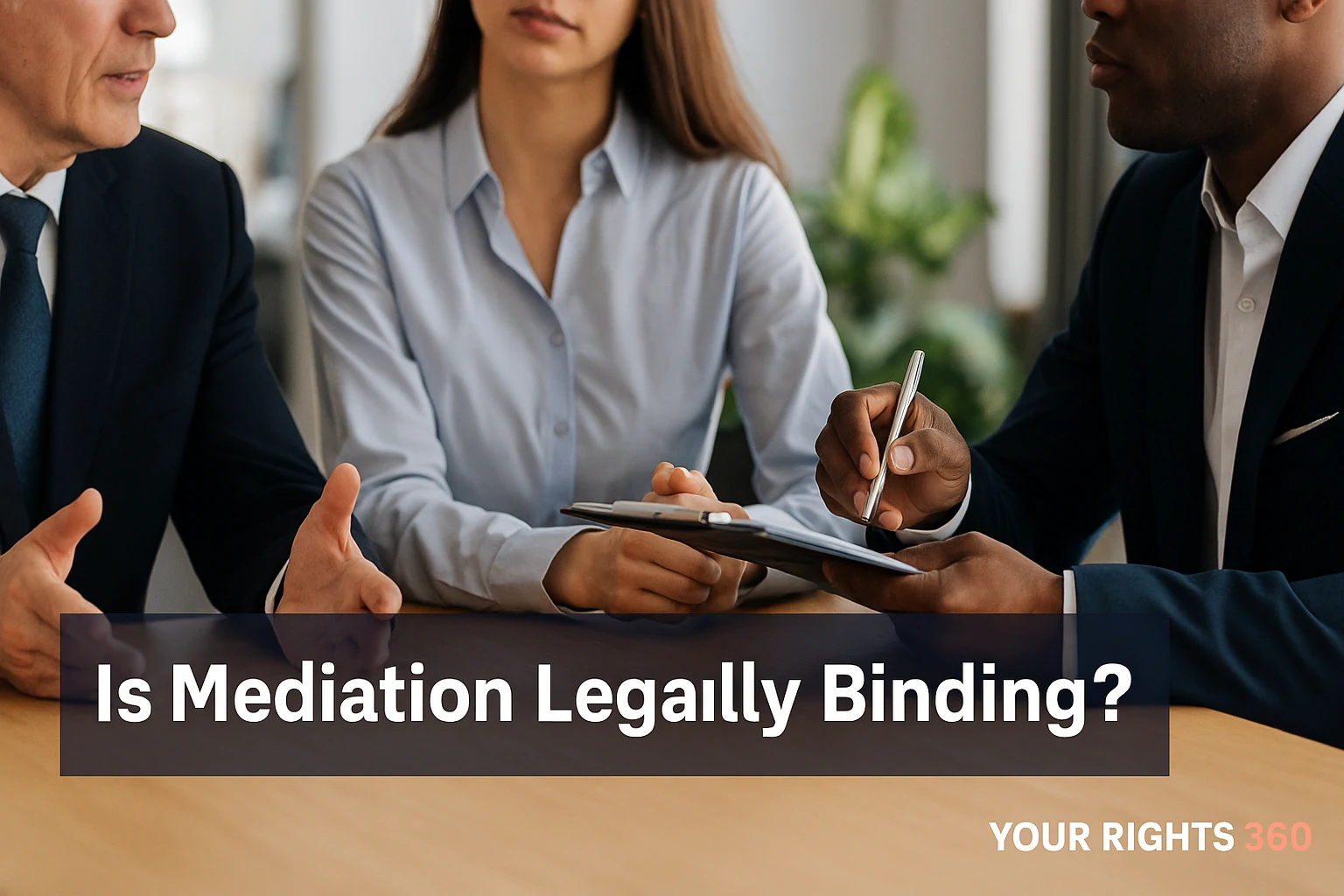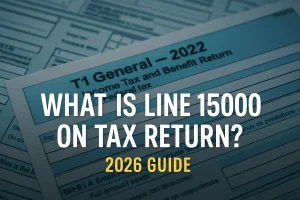Personal injury disputes can turn messy fast. Medical bills rise. Emotions run high. Courts move slow. People want fast answers. They want peace without a long trial.
Mediation gives both sides a chance to meet and solve the issue. It feels less formal than court. It costs less too. You sit down, talk through the problem, and try to reach a fair deal.
But many people feel unsure. They wonder what comes next. They ask one key question, does the mediation result hold up in court? That question deserves a clear answer.
This article explains how mediation works, what makes it binding, and when it might not be. If you’ve suffered an injury and are thinking about mediation, this guide can help.
What Mediation Means in a Personal Injury Case
Mediation brings both parties together in a calm setting. The injured person speaks. The other side listens. Then they switch. A neutral person guides the talk. That person is called the mediator.
The mediator does not take sides. They do not decide who wins. Their job is to help both sides understand each other. They try to create space for a fair deal.
Mediation is private. It often happens in an office, not a courtroom. You do not need to speak in legal terms. You speak as yourself. That makes the process easier to follow.
No one forces anyone to agree. Both sides talk. If they like the deal, they can write it down. Once signed, that paper becomes the final word. If no deal is reached, the case can go to court.
Is Mediation Itself Binding?
No. The meeting alone does not lock you in. You can leave anytime before a deal is signed. Nothing becomes final until both sides agree in writing.
Once you sign, it becomes a real agreement. That agreement has legal force. Courts treat it like a contract. If one person tries to back out, the other can take action.
So mediation is not binding at the start. It becomes binding at the end, once both parties agree and sign the terms.
When the Agreement Holds Legal Power
To make the deal stick, a few things must happen. First, both sides must sign the written terms. The paper must show clear intent. The law must allow what’s written. And both people must agree with full understanding.
If those things happen, the court can step in later if needed. If someone breaks the deal, the other side can ask the judge to enforce it. That may include money damages or court orders.
That’s why the final document matters. It must cover all key points. It must speak clearly. It must show full agreement with no pressure involved.
What Happens if One Side Walks Away
If there is no signed deal, nothing holds the case back. Both sides can go to court. There is no penalty for leaving a mediation that ends without a written result.
But once the paper is signed, walking away becomes a legal issue. The court may order you to follow the deal. Breaking it can bring legal trouble.
So before you sign anything, make sure it reflects your rights. Ask a lawyer to review the terms. Make sure every part makes sense. That keeps you safe and avoids regret.
Why Some Mediation Results Do Not Hold
Not every signed deal survives a court challenge. Some break down for clear legal reasons. If someone lied or hid facts, that may void the deal. If one side was forced to agree, that matters too. If the terms break state or federal law, the court will not allow it.
In some cases, the agreement may look complete but miss key details. That creates confusion later. If both sides disagree about what the paper means, a judge may need to step in.
This shows why clear language and honest steps matter in mediation. A rushed or sloppy deal does not help anyone. A clean, fair one does.
Can a Mediation Deal Be Changed?
Once both sides sign the agreement, it stays in place. No one can change the terms alone. A new deal needs a new document. Both sides must agree again and sign it.
You cannot ignore the parts you dislike. You cannot back out just because you change your mind. The court will expect both parties to follow the full deal.
In rare cases, a judge may cancel the agreement. That only happens when there are serious legal problems. Most of the time, the court enforces what both sides signed.
Read every part before you agree. Ask a lawyer to review the terms. Take time to understand the deal. A careful choice now can protect your future.
Role of a Lawyer in Mediation
Lawyers do more than speak in court. They guide you during mediation too. They explain your rights. They help you prepare your case. They suggest fair terms. They keep your emotions in check.
During mediation, your lawyer can speak for you or sit by your side. They help you stay focused. If the deal seems wrong, they say so. If the deal looks fair, they explain why.
After you reach a deal, your lawyer reviews the paper. They make sure it follows the law and fits your goals. They also help enforce the terms later if problems come up.
Good lawyers keep you safe. They help turn a talk into a trusted result.
Should You Choose Mediation Over Court?
Mediation brings benefits. It saves time. It saves money. It brings control back to both sides. It keeps the matter private.
But it does not fit every case. Some disputes need a full trial. Some people do not deal in good faith. Some cases are too complex for simple talks.
Talk to your lawyer. Ask what works best for your facts. If the goal is a fast and fair outcome, mediation may help. If the goal is full judgment from a court, trial may be the better path.
Each case is different. Your choice must match your needs.
When Mediation Makes Sense
Personal injury cases bring pain, bills, and worry. People want a fair end. They want peace without long court fights. Mediation can help make that happen.
Mediation works when both sides want to solve the issue. It fits well in car accidents, fall injuries, and job-related harm. It gives each person a chance to talk and find middle ground. It moves fast and stays private.
The process needs honesty. It needs both sides to act in good faith. If one side lies or refuses to deal fairly, talks break down. Then the court must step in.
Choose mediation if both sides want a deal. Choose court if the facts are in dispute and strong action is needed. The right path depends on the case and the people involved.
Read Also: Minyard Morris Family Law LLP
Final Thoughts
Mediation gives people a way to settle injury cases without court. It allows both sides to speak in a calm space. Each person can share their side and try to find a fair result. It saves time. It cuts legal costs. It helps people stay in control of what happens next.
The talk itself does not create a final deal. A signed paper does that. The agreement must be clear and fair. It must show that both sides agree without pressure. Once signed, the court will treat it as a legal contract.
Mediation puts power in your hands. You make choices instead of letting a judge decide. But that freedom can bring risk. A rushed deal or unfair terms can cause more harm later.
Read everything before you sign. Ask your lawyer to check the terms. Make sure the deal protects your rights. A good deal can end the case and bring peace. A bad one can bring more problems. Smart choices lead to better outcomes.
This article provides general information and does not give legal advice. Reading this page does not create an attorney-client relationship. Always speak with a licensed attorney about your specific legal situation.




